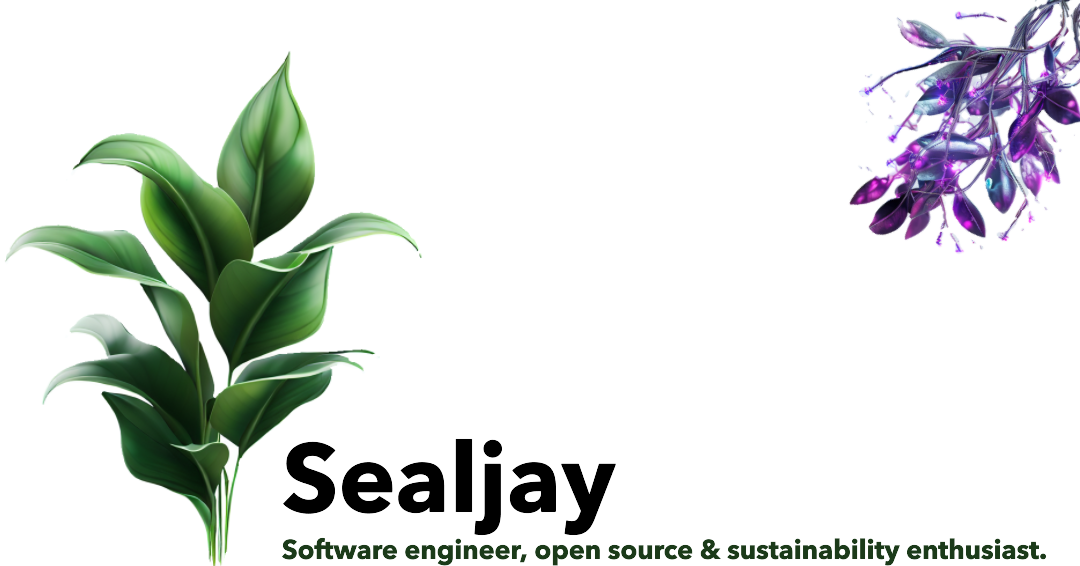Oral culture and the rise of literacy

Heads up! This information might be outdated since it was last updated over a year ago. Please double-check the information before relying on it.
A colleague recently shared an interesting blog post about the historical anomaly of written culture - and it gave me a lot to think about. I liked many of the conclusions, but some elements need continued observation.
The Clubhouse App and the Rise of Oral PsychodynamicsIt’s written/print culture that’s the recent historical anomaly, and still a minority of the world![]() Insightzeynep
Insightzeynep ### Inclusion in the workforce
### Inclusion in the workforce
I’ve sometimes wondered if the recent inclusion of different neurodiversities in the workforce & society is down to acceptance, or if societal conditions were fertile by happenstance, rather than design.
I posit that a rise in literate culture, while exclusionary to some with dyslexia (although this has improved over time with education and accessibility tools), allows people with non-traditional emotional & communication norms to participate in discussions, eduction, activities, and events - without being seen as “slow” or “weird.”
Some communities with lower rates of diagnosis for autism and other communication differences, have higher rates of current oral tradition and usage.
If I look at the rise of television culture, and the rise of radio - history shows that this affected popular perception of politicians, leading to an increase in photogenic politicians, and particularly the rise of people with the abilities to lead in public debate.
I personally linked this to the idea that the medium began to matter as much as the message - and a return to Twitter and Email has added an element of healthy debate.
Oral traditions
Oral traditions are, exactly as the article intuits, a code of conduct in use across time and society. These are passed on through word of mouth, from generation to generation.
This means that societies create customs and social norms, but they are only known by those people who are taught the norms. These can’t be found - they need to be taught. This is a slow process, and contrary to the way mass media works today.
The rise of literacy has led to stability - it’s given us the written word, and accountability. Literacy allows for us to see what our leaders get up to, how we follow ethical standards, how we make sure the law is applied equally to all, in a non-arbitrary fashion.
Mass media allows for broader society to be engaged and react, as opposed to tools like clubhouse, which are very “in the moment” tools, and close off the pool of activities and cultural processes like innovation.
If we take the very shaky premise that all progress is good progress - or even say some progress is better than none - I think society benefits from an open pool of innovation, and literacy allows us to include more groups than those we exclude.
Conclusion
My main conclusion is - Clubhouse is a good thing. It’s another medium for debate.
I worry that too much of a shift to oral culture, with limited recording and transmission, or participation via text, will limit societal revolution and changes.
Zeynep talks about a tension between literate classes that hold power - I’d also say that literacy enfranchises some previously excluded elements of society, and it’s one to watch.